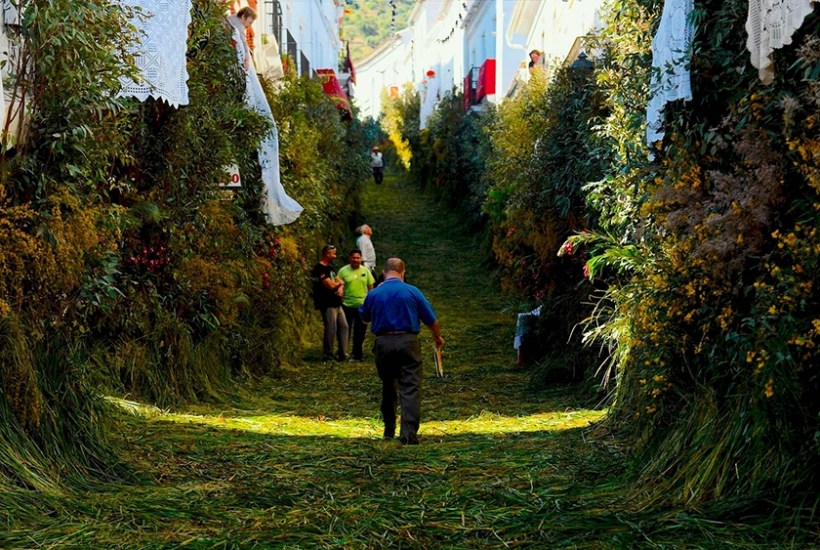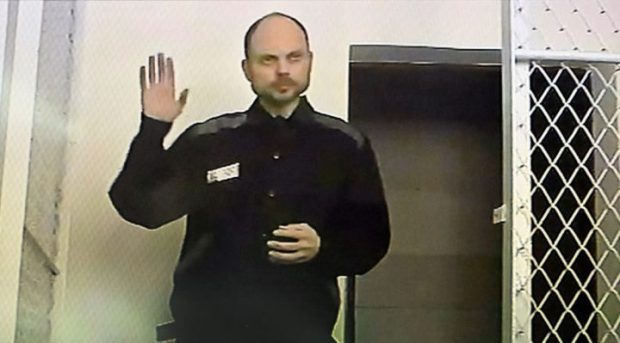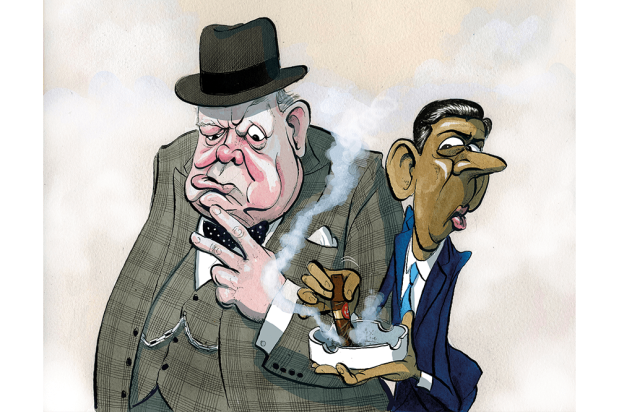In a little village on the Spanish Meseta, I once asked an old lady about the next village some three or four miles away. She shook her head as if considering a hopeless case and said, ‘Oh, the people there are very different.’ To me, those villages seemed like two peas in a pod. But to her, they were worlds apart.
Spaniards often refer to their home town or village as their patria chica: the little fatherland. ‘Every village, every town,’ wrote Gerald Brenan in The Spanish Labyrinth, ‘is the centre of an intense social and political life. As in classical times, a man’s allegiance is first of all to his native place, or to his family or social group in it, and only secondly to his country and government.’
But over the last 70 years, as more and more people have had to seek work in the big cities, a predominantly rural country has become mainly urban, leaving an empty Spain in which just 15 per cent of the population lives in half the national territory. Today some villages have fewer than ten inhabitants; many face extinction.
In an attempt to attract people back to the countryside, some villages have promised employment and a house for 50 euros a month. Recently picturesque Tremor de Arriba, nestled against the mountainside in north-western Spain, offered dozens of three-bedroomed flats for sale at a mere 3,835 euros each.
But such ad hoc measures cannot compensate for decades of neglect. While the politicians like to boast about the high-speed trains which now race between big cities at nearly 200 miles per hour, the traditional rail services on which villages and small towns have always depended have been cut. Lack of investment and infrastructure has led to the closure of schools and doctors’ surgeries.
In the north-eastern province of Teruel, complaints about bad roads, the single-track railway and poor internet access went largely unheeded until the citizens’ platform, Teruel Existe (Teruel Exists), registered as a political party, winning a seat in the national parliament. To the new party’s great good fortune in a highly fragmented assembly that one seat made it a kingmaker; the investiture of Pedro Sánchez as Spain’s Prime Minister was dependent on the support of Teruel Exists.
In return, the government committed to providing more infrastructure and relocating public bodies. A ministry was created to address the specific problems of rural Spain. Noting the success of Teruel Exists, over 150 citizens’ platforms from all parts of Spain have now banded together to form a new political party, España Vaciada (Emptied Spain).
Neither left- nor right-wing, Emptied Spain is a nationwide grassroots protest against the way rural Spain has been ignored by the politicians who rule from the big cities. An electoral system in which votes cast in small rural constituencies are worth more than those in big cities could help the new party win enough seats in the next parliament to continue to leverage government policy in favour of Spain’s neglected towns and villages. Emptied Spain plans to use money from the EU Recovery Fund to ‘level up’ rural communities in something of the same way, they say, that post-unification investment helped East Germany.
The new party’s first test will be the regional elections to be held in Castile-León on 13 February. In theory, this should be an excellent opportunity for the party to show its strength in Spain’s neglected hinterland. In practice however, this snap election has come a little too soon; the fledgling party is only fielding candidates in five of the region’s nine provinces.
The real test will come in the next general election which is due before the end of 2023. That will be the moment for the people in the small towns and villages of rural Spain, in all those patrias chicas, to show that in fact they have a great deal in common. By joining forces they can ensure that those shared interests sit high on the political agenda.
Got something to add? Join the discussion and comment below.
Get 10 issues for just $10
Subscribe to The Spectator Australia today for the next 10 magazine issues, plus full online access, for just $10.


















Comments
Don't miss out
Join the conversation with other Spectator Australia readers. Subscribe to leave a comment.
SUBSCRIBEAlready a subscriber? Log in